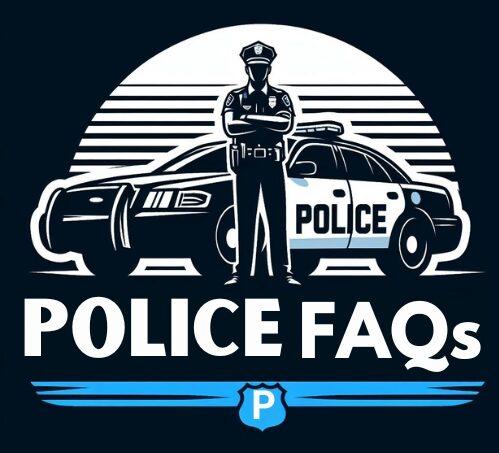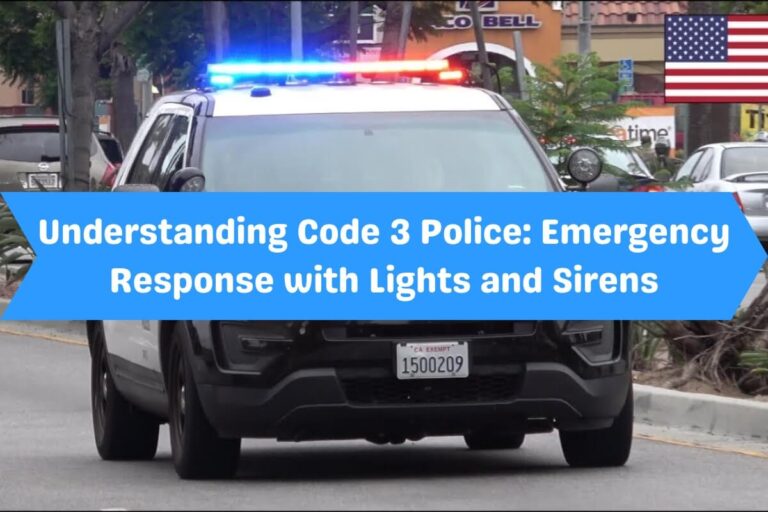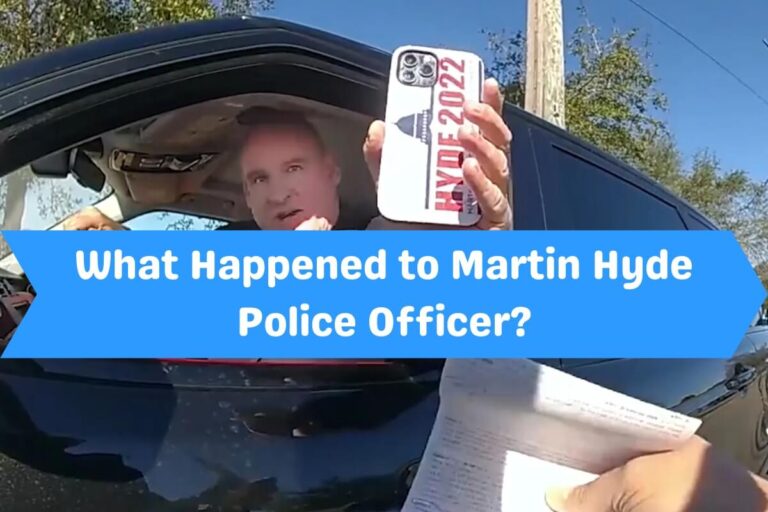How Much Do Police Officers Make Per Hour? A Comprehensive Guide

How Much Do Police Officers Make Per Hour? This in-depth guide will dive into typical hourly wages for police officers across the United States, covering entry-level pay, factors that influence earnings, highest paid roles and locations, and how take-home pay is impacted by overtime, cost of living and full compensation packages.
Factors That Influence Police Officer Hourly Pay
There is no single hourly rate that applies to all police officers. Several key factors influence How much do Police Officers Make Per Hour?
Experience and Rank: Entry-level officers make lower hourly wages than veterans. Pay scales increase based on years of service, specialized skills/training, and promotions to supervisory roles like sergeant, lieutenant, etc.
City/Region: Cost of living differences lead to wide variances in police pay across the country. Officers in major cities tend to make higher hourly rates.
Specialty Roles: Certain specialties like SWAT, K-9 handlers, motorcycle police, etc. may qualify for premium pay in some departments.
Overtime: Most departments pay overtime rates, commonly time-and-a-half, when officers work beyond their scheduled hours.
Average Entry-Level Police Officer Hourly Wage in the U.S.
According to research from several job posting databases, typical entry-level pay for a police officer in the United States ranges from $20 to $30 per hour.
However, there is significant variation in starting hourly wages across different regions and police departments. Some examples from 2023:
- New York: $33.15/hour
- Vermont: $32.58/hour
- California: $32/hour
- Maine: $31.07/hour
Lower cost of living areas tend to have starting hourly rates toward the lower end of that range.
How Police Officer Hourly Pay Increases Over Time
While entry-level officers may start around $20-$30/hour, hourly pay increases progressively based on years of experience and performance.
Most police departments have a defined pay scale that raises an officer’s hourly “base rate” annually or after completing set periods of service (e.g. 5% raise every 2 years).
Promotion to senior roles like corporal, sergeant, lieutenant, etc. also comes with a sizeable hourly pay increase. For example:
- Police officer (entry): $25/hour
- Police corporal: $32/hour
- Police sergeant: $40/hour
- Police lieutenant: $50/hour
The highest paid police roles like deputy chief or commissioner can have hourly equivalent rates over $100/hour in some major cities.
How Much Do Police Officers Make Per Hour? Highest Paid Cities/Regions for Police
According to compensation data, some of the highest paid locations for police officer roles include:
- San Mateo County, CA: $90,456/year (equivalent to $43.49/hour)
- Ione, CA: $84,963/year ($40.85/hour)
- Aspen, CO: $81,992/year ($39.42/hour)
- Sitka, AK: $79,837/year ($38.38/hour)
In these high cost of living areas, top police officer salaries equate to hourly rates 30-45% higher than the national averages cited earlier.
Adding Overtime, Holiday Pay and Other Supplemental Income
The hourly “base rate” is just the starting point for police officer compensation. Officers can increase their effective hourly pay rates significantly through:
Overtime: Most departments pay overtime at 1.5x the base hourly rate when officers work beyond their scheduled hours. This is one of the biggest supplemental income sources.
Holiday Pay: Hourly rates may be higher, commonly double-time, when working holidays like Christmas, Thanksgiving, etc.
Special Duty Pay: Premium pay for specialized roles like SWAT, K-9 handlers, hazardous duty assignments, etc.
As an example, take an officer with a $30/hour base rate working 60 hours one week including a holiday:
- 40 regular hours = 40 x $30 = $1,200
- 16 overtime hours = 16 x $45 (1.5x rate) = $720
- 4 holiday hours = 4 x $60 (2x rate) = $240
- Total for 60 hour week = $2,160 ($36/hour equivalent)
Best Paid Related Law Enforcement Roles
While most traditional police officers top out around $35-$45/hour, certain related law enforcement roles can pay even higher hourly equivalent rates:
- Campus police chief: Up to $133,872/year ($64.36/hour)
- Police authority: Up to $84,775/year ($40.76/hour)
- Police liaison officer: Up to $76,879/year ($36.96/hour)
These roles generally require extremely specialized skills/experience and may be limited to major universities, government agencies, or large metro departments.
Cost of Living Impacts Take-Home Pay
While a $40/hour rate may sound lucrative, it’s critical to consider cost of living differences between areas. Hourly wages need to be evaluated based on purchasing power and living expenses.
For example, a $35/hour rate might provide a comfortable middle-class lifestyle in a lower cost Missouri city. But the same hourly pay in San Francisco or New York would barely cover basic housing and living costs.
To attract and retain officers, departments must offer competitive wages that align with the regional cost of living. Policy analyst make rational location decisions based on net take-home pay and quality of life.
How Much Do Police Officers Make Per Hour? Benefits, Pensions and Overall Compensation

While hourly wages are a key factor, it’s also important to consider the full compensation package when evaluating police officer pay:
- Healthcare Benefits: Quality medical, dental and vision coverage is commonly included.
- Retirement Pensions: Most offer defined-benefit pensions after 20-30 years of service.
- Other Benefits: Tuition reimbursement, paid leave, life insurance, etc.
These benefits can add 30-50% on top of base hourly wages in total compensation value. They also provide long-term financial security through guaranteed retirement incomes.
For police officers planning long public service careers, total compensation and benefit packages often outweigh higher salaries in other private sector roles.
Final Thoughts on How Much Police Officers Make Per Hour
As this comprehensive guide illustrates, precisely answering “how much do police officers make per hour” depends on numerous variables like:
- Experience level and rank
- Geographic region and cost of living
- Overtime, holidays and special duty pay
- Overall compensation including benefits
Entry-level officers typically earn $20-$30/hour base pay, but pay increases with tenure, promotions and overtime can push total hourly equivalent rates over $50 or even $100/hour for senior supervisory roles in some major metro areas.
Ultimately, offering fair and regionally-appropriate compensation is critical to attracting and retaining high-quality police officers committed to public service.
FAQ:
Q: What is the average hourly rate for a police officer in the United States?
Entry-level police officers typically earn between $20-$30 per hour, though hourly rates can vary significantly based on factors like location, experience, rank and overtime opportunities.
Do police get paid more in higher cost-of-living areas?
Yes, police departments in major cities and higher cost-of-living areas tend to offer higher hourly rates to compensate for the increased expenses. For example, entry-level officers in New York and California cities average over $30/hour.
How much can an experienced or senior police officer make per hour?
Hourly rates rise with years of experience and promotions. Senior sergeants and lieutenants can make over $40-$50/hour in base pay in some jurisdictions, not including overtime.
Do police officers receive extra pay for overtime or holidays?
Most departments pay overtime rates, commonly time-and-a-half or 1.5x the base hourly rate. Officers also receive premium pay, sometimes double-time, when working holidays like Christmas.
What are some of the highest paid police officer roles?
Niche roles like campus police chief ($64/hour equivalent), police liaison ($37/hour) and senior leadership positions pay among the highest hourly rates for sworn law enforcement officers.






